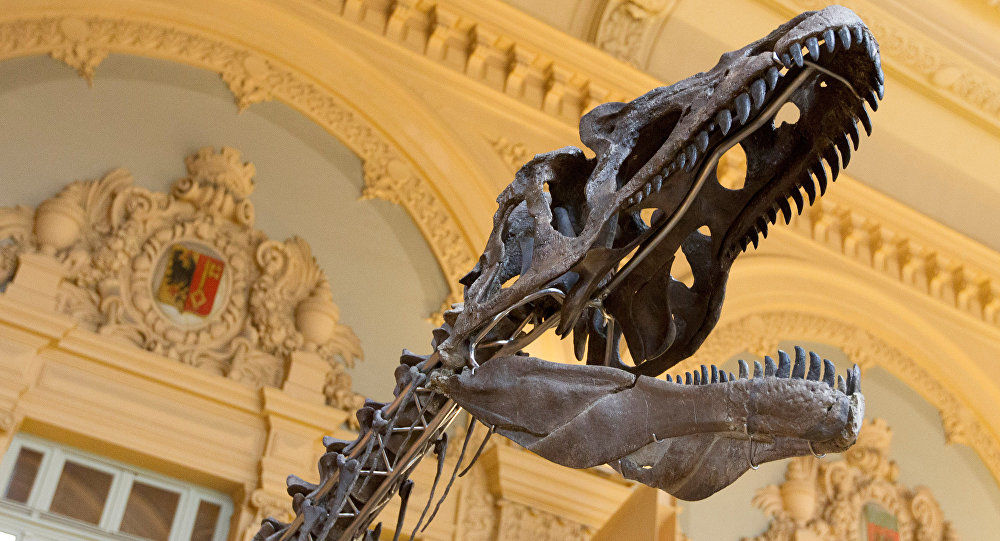Two dinosaur skeletons went up for auction earlier this week, and a foreign entity whose identity wasn’t released purchased them for more than €1.4 million ($2.1 million CAD) each. The auction house Binoche et Giquello expected a private buyer to purchase them because museums don’t usually drop that kind of money on fossils.
“The fossil market is no longer just for scientists,” Iacopo Briano, Binoche et Giquello’s dinosaur expert, told Agence France-Presse via Inverse Science. “Dinosaurs have become cool, trendy — real objects of decoration, like paintings.”
Members of the scientific community, including The Society of Paleontology, are against the private sale of scientifically significant artifacts. As wealthy consumers acquire more and more dinosaur fossils, fewer become available for the public to view and for scientists to study.
The auction house expected the Allosaurus, which is 12.5 feet long and 60 percent complete, to sell for $100,000. The Diplodocus—39 feet long with an unspecified degree of completeness—was expected to sell for $800,000.
After the film Jurassic Park hit theatres in 1993, private citizens started scooping up skeletons at a fast rate. In 1997, McDonald’s and Walt Disney aided the Field Museum of Natural History in Chicago by contributing $10.5 million to purchase the world’s most complete and best-preserved Tyrannosaurus Rex, known as Sue. These days, museums shy away from paying large amounts for skeletons like the ones sold this week in Paris.
In 2007, actor Nicolas Cage purchased a dinosaur skull from a gallery and later learned it had been stolen from the Gobi Desert in Mongolia. After being contacted by the Department of Homeland Security, he returned the skull. He isn’t the only celebrity who has owned a dinosaur skeleton. Actor Russell Crowe possesses the mounted skull of a mosasaur.
Interest in dinosaurs has also grown in Asia in recent years.
“For the last two or three years the Chinese have become interested in paleontology and have been looking for big specimens of dinosaurs found on their soil, for their museums or even for individuals,” Briano said.
Traditionally, rich Europeans and Americans, as well as multinational corporations, have been the most prolific buyers of fossils, according to Briano.
Approximately five dinosaur skeletons go under the hammer each year around the globe.


